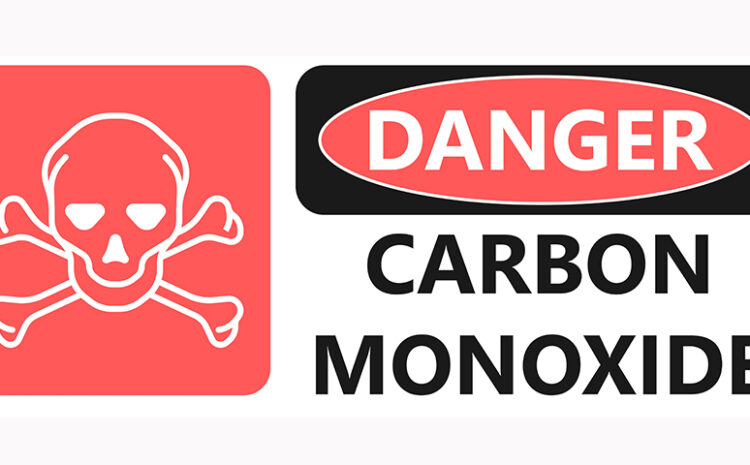
Carbon monoxide is a gas poisonous that is created by the incomplete combustion of fuels like oil, wood, and gas. Carbon monoxide poisoning can be a serious problem for your health. High levels of CO exposure can lead to brain damage, organ damage and even death. You may be able to sue for damages if you or someone you love has been injured by a carbon monoxide exposure or leak.
You will need to show that the defendant is responsible for the exposure or leak and that it was their negligence that caused your injuries. You may need to prove that the defendant did not properly install, repair, or maintain a gas stove, furnace, or water heater or that they failed to detect a leak.
In order to establish negligence, four elements must be proven: duty, breach, causation and damages.
- Duty: The defendant had a duty under the law to ensure their property was free of hazards and safe for others.
- The defendant has breached their duty if they have failed to take reasonable measures to protect their property.
- Causation: You need to prove that the defendant breached his duty and caused your injury.
- Damages: You have to show that the defendant breached his duty and caused you damages, including medical bills, wage loss, and pain and discomfort.
You may need to present evidence, such as medical records and expert testimony to prove that the defendant was exposed to carbon monoxide.
You may be able, in addition to filing a lawsuit against the responsible party or property owner’s insurance company, to recover damages. You may be able to recover damages if the defendant is not insured or is underinsured.
To protect yourself against carbon monoxide, you should take the following measures:
- Install carbon monoxide alarms in your workplace or home. These detectors will alert you when CO levels are dangerous and allow you time to leave the area.
- Gas appliances and heating systems should be regularly inspected and maintained to ensure that they are working properly.
- You and your family should be aware of the symptoms and signs of carbon monoxide intoxication, such as headaches, nausea, dizziness and confusion.
- You should evacuate the area immediately if you suspect there is a leak of carbon monoxide. Call 911.
If you were injured by a carbon monoxide exposure or leak, you could sue for damages. In order to win a lawsuit you must prove that the defendant is responsible for the exposure or leak and that it was their negligence that caused your injuries. You should take precautions to avoid carbon monoxide poisonings, such as installing detectors and maintaining heating and gas appliances.

